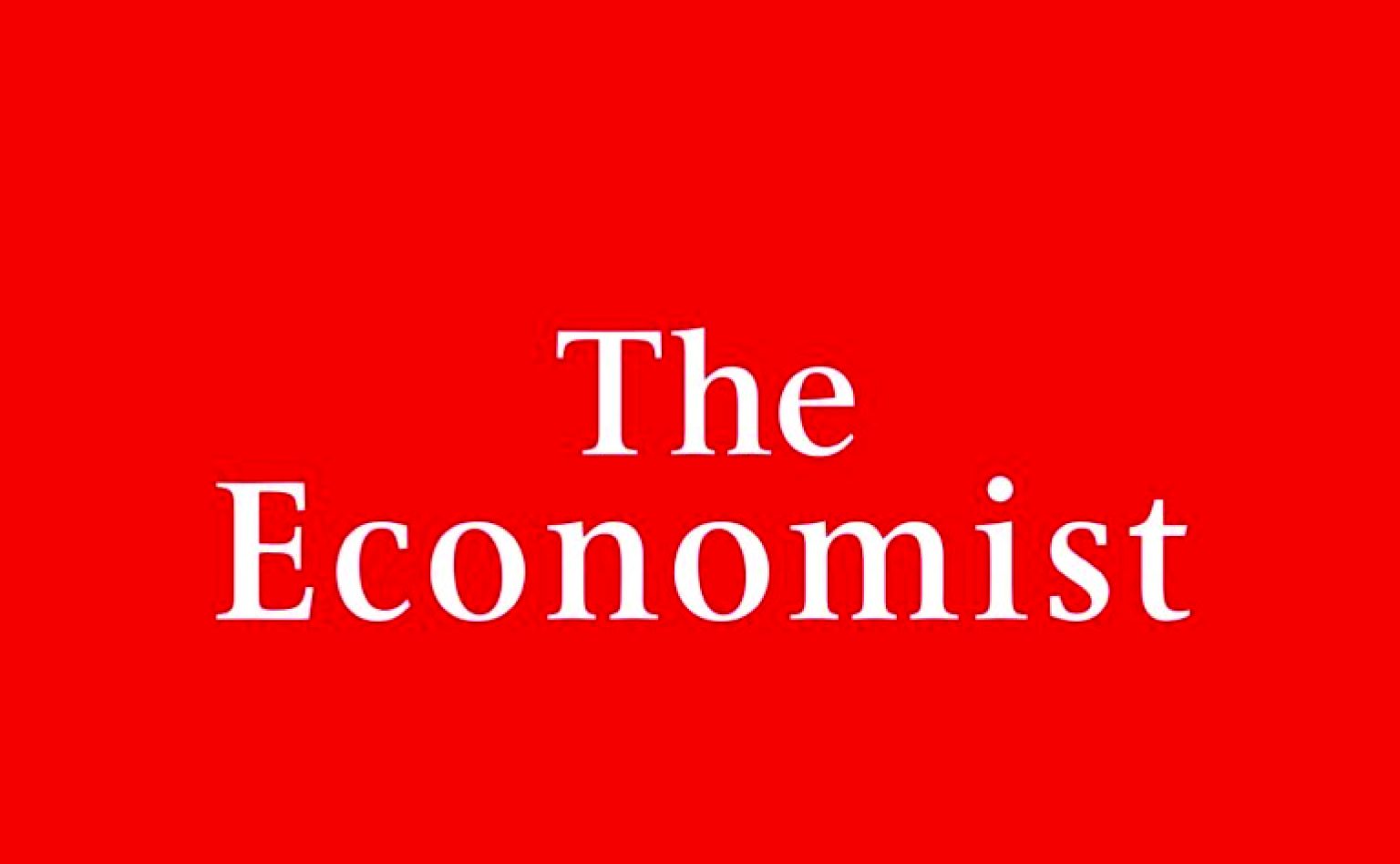Nine months after the dramatic uprising that toppled Sheikh Hasina and her Awami League regime in August 2024, Bangladesh’s interim government, led by Nobel laureate Muhammad Yunus, is still grappling with the monumental task of reform, according to a report by The Economist.
Despite widespread demands for democratic changes across the political spectrum, the transition to a new political order is proving far more complicated than anticipated, it says.
“Parties across the political spectrum have demanded democratic changes to prevent the return of such abuses,” the report notes. “But nine months since the revolution, making big changes is proving tricky.”
Following Hasina’s ouster and her flight to India, Yunus quickly began assembling expert-led commissions to chart a course for reform in key areas — including elections, the judiciary, and the constitution. These commissions, staffed with academics and civil society leaders, have since submitted 166 recommendations, mentioned the British magazine.
To coordinate these efforts, the government established a national consensus commission, which has compiled these proposals into a shared document contributed to by 35 political parties.
The commission aims to produce a “July Charter” that would pave the way for national elections and usher in a “new Bangladesh,” Yunus told The Economist.
Now, as interim leader, he says he is working to “fix everything that has been destroyed.” Despite the many hurdles, Yunus remains optimistic: “We’re moving in the right direction, and the people are with us. We are hopeful.”
Since Hasina’s fall, the extent of the previous regime’s alleged abuses has begun to emerge. A white paper released last year claimed that around $16 billion was siphoned off annually during her reign, notes the report. Meanwhile, serious criminal cases — including charges of murder, abduction, and genocide — are mounting against the former prime minister. (She denies all charges.)
However, reaching consensus on reform remains difficult. Politicians and the public are divided over the commissions themselves — some argue that critical sectors like textiles and education have been overlooked, notes the report.
Still, there are signs of progress. Ali Riaz, vice-chairman of the consensus commission, highlighted one major success: the implementation of an independent process for appointing judges to the High Court.


